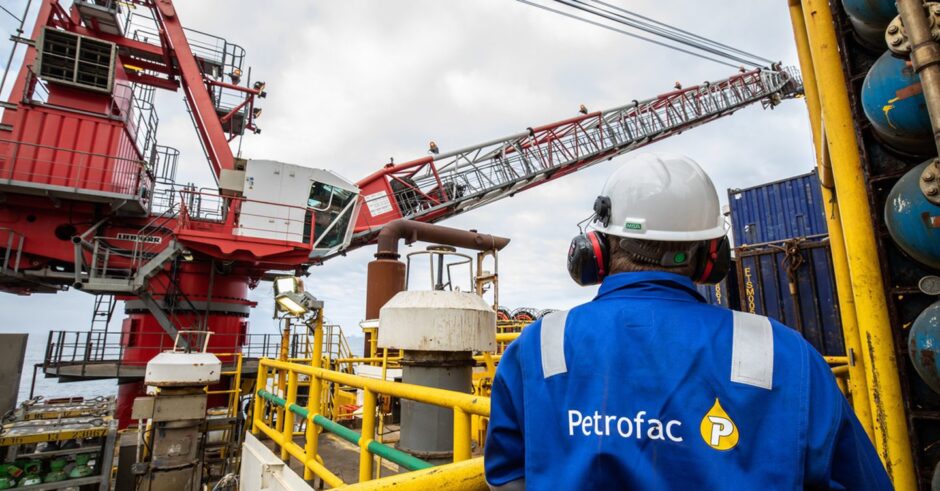 © Supplied by Petrofac
© Supplied by Petrofac Analysts have warned that debt-laden Petrofac (LON: PFC) could sell off non-core assets as the company looks for fresh capital to service its debts.
Update May 1: Petrofac has today officially suspended trading its shares, as set out earlier in the week. Read more here. The firm’s share price had collapsed more than 50% in recent days.
Head of Equity Research at Hargreaves Lansdown Derren Nathan warned: “Certainly, a breakup of the business in some form seems likely.
“With the Malaysian production sharing agreement called out as one for sale, it seems to be the more volatile parts of the business that are up for grabs first.”
The company’s shares were down by around 30% across 29 April compared to their position when markets close on 26 April, hovering around the 15 pence mark.
The company announced that it will delay its full year report for 2023, missing a deadline for the end of April. This automatically triggered a suspension in trading its shares, due to enter force from 07:30 am on 1 May.
Share trading will resume once it publishes its report, with the company expecting to deliver it by the end of May.
Restructuring
Despite securing major contracts and increasing its headcount last year, Petrofac has been struggling as delays on older contracts eroded revenues.
“Certainly, the biggest damage has been done by the legacy contracts such as Thai Oil,” Nathan noted. “But the financial uncertainty that’s gone along with it has made it harder to execute in general.
He added that falling commodity prices hit the company’s Integrated Energy Services sector, which was its most profitable division in 2022.
Petrofac is pursuing a restructuring, which saw an ad-hoc group of senior secured noteholders make a proposal to provide further credit to the business of up to US$300 million.
This is made up of $200 million of new funds and $100 million of credit support to help secure performance guarantees for certain of its existing contracts.
Petrofac will have to make good on payment obligations to its bank and the coupon payment due on its senior secured notes by 15 May.
However, the firm does not expect to make payments on time.
“If the refinancing can be concluded, then headcount could be harder to trim than one might think, given the order backlog thought to be around $8bn, but the longer this goes on the higher the risk of that business going elsewhere,” Nathan said.
“Petrofac has impressive credentials across the energy mix including renewables, but the clock is ticking. Management may have one eye on returning to industry leading margins but for now survival is the name of the game. If Petrofac can get through this there will be a huge job to do to restore confidence for all stakeholders.”
